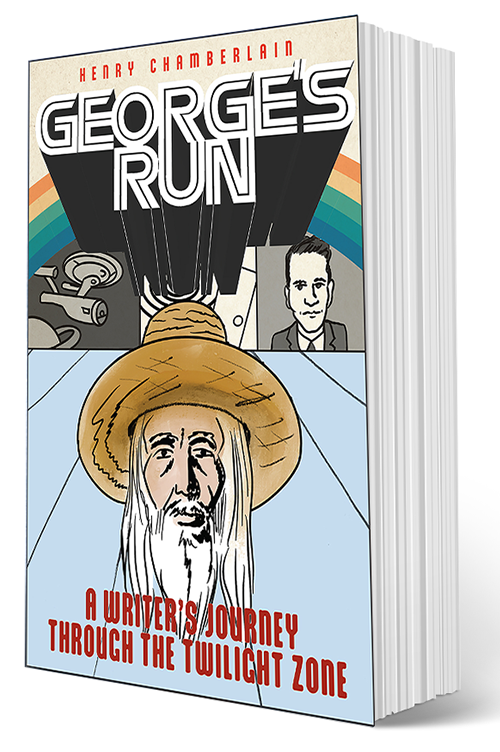
Alex de Campi, author of Smoke/Ashes, Grindhouse: Doors Open at Midnight, Lady Zorro, Valentine, and more.
“Living is hard. Creating is harder. I am here for you on the weeks you write zero words and the weeks you only write 500 and the weeks it all flows out of you like salt water and you’ve written 10,000. I see you when you look back over it and wonder if any of it is any damn good at all. Keep it. It’s good. Keep going. You can edit when you are done.”
You are so right, Alex! The above words are from a writer who knows the struggle front and back. I am with you, Alex. As a writer and artist, I get kicked twice. Do I have good work out there for people to see? Of course! Look here! Do I stop and ponder what happens next? Sure. But I’ve been at this long enough where I am not seeking approval. I am not asking permission to create. And, best of all, I am never stopping. Criticism, I have come to see time and time again, is all too often faulty. You take what you need from reviews. You take what you need from rejections. And you take what you need when you do get that beloved approval. Alright, with all that said, I share with you one of the most insightful panels on the whole business of comics. It came on the last day, on the last hour, of Emerald City Comicon: Running Your Career Like a Business, moderated by Marissa Louise.
The Business of Comics. Yes, it’s not all fun and games, as the actual creators of pop culture content can tell you. Consider this: legendary artists on iconic characters like Batman and Superman can be found at conventions doing sketches for forty dollars just so they can keep up with their medical bills. It’s not a pretty picture but that is what can happen to some in the comics industry. Rest assured, comics is an industry even at the indie level. It’s just a matter of how savvy you strive to be.
The general rule of thumb is that you want to mix and match what you do. Sure, everyone wants to be part of one of the superhero properties they grew up with as a kid. Who doesn’t want to work on a Spider-Man book? Just keep in mind that it will be more of an honor than a financial boon. However, the name recognition helps to bring readers over to your own original project. A cycle begins. Your creator-owned work will catch the eyes of the big publishers leading to another big title project. Rinse and repeat.
Down the road, you gain in stature, your work is in demand, and you get paid what you deserve. As the panelists were quick to point out, there will be many bumps in the road. Even when you make it, you will still fall, and you need to prepare to make it again. David Walker shared his story about writing for the popular Marvel Comics revival of “Power Man and Iron Fist.” “It’s like the monkey’s paw. Be careful what you wish for. I signed over a thousand books for fans this weekend. But I did not actually sell any books.”
One of the biggest questions posed by aspiring creatives is, “How does it all start?” Alex de Campi offered up the quote by Peter Schjeldahl: “You move to a city. You hang out in bars. You form a gang, turn it into a scene, and turn that into a movement.” But, just as essential, de Campi was quick to emphasize: “You need to be careful about contracts. Get a good attorney!”
C. Spike Trotman of Iron Circus Comics, the most successful cartoonist on Kickstarter with a number of quality projects funded, is the first to say that the indie route is great but it will be a slow process. Leila del Duca, a member of the creative collective, Helioscope, would recommend working as a group if possible but she seemed just as open to working alone. In many ways, there is no one road map to success. And, as artist Alison Sampson will tell you, at some point, you need to do what your heart tells you to do. At age 46, Sampson returned to her love of comics and she has no regrets.
Ultimately, remain fierce. Things will fall into place in due time.











Wise words! Yes to your own self be true, build a tribe of supporters and readers and keep on keeping on. All the best with all your writing/drawing, Henry.
One must remain defiant! Thanks for your comments, Anne!
The comics industry seems like such a crapshoot, where the main ingredient for success is being in the right place at the right time. That would drive me crazy! Kudos to you for being able to remain creative and positive while dealing with the business side of things.
Comics is a totally crazy business. The same can be said for anything in the arts, more or less, but comics is definitely a special blend of crazy. You have to listen carefully to the voices in your head and…wait, that’s too crazy, right?